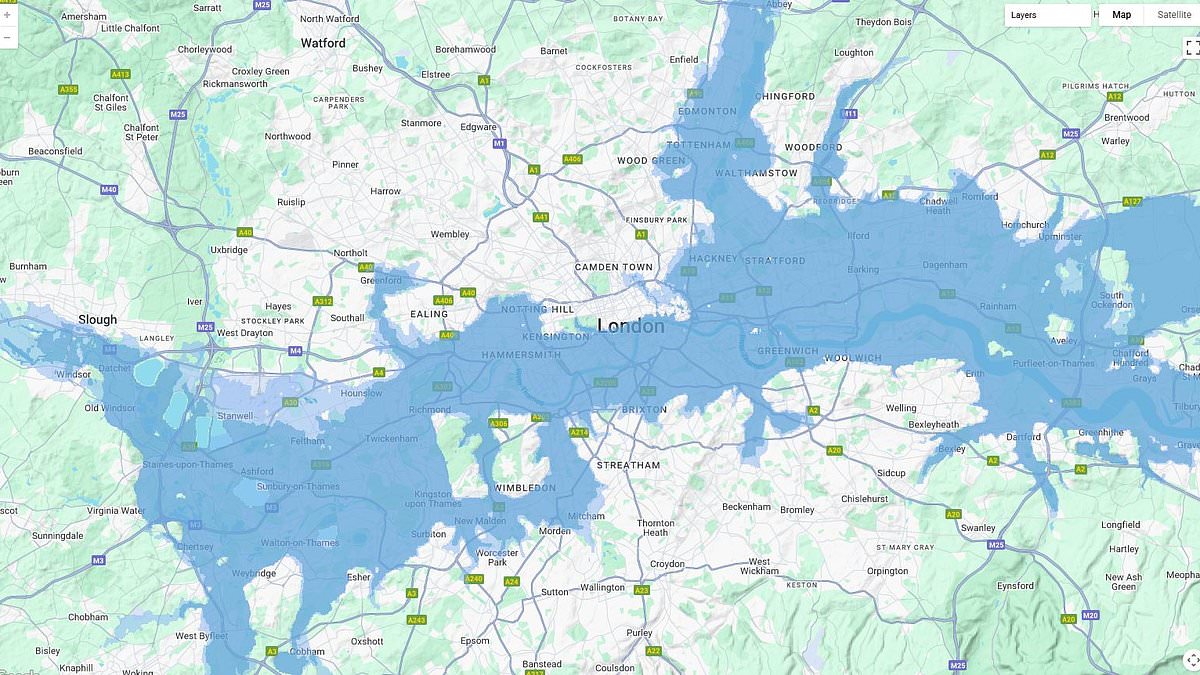Home / Environment / Coastal Catastrophe: Over 100 Million Buildings Face Underwater Peril by 2100
Coastal Catastrophe: Over 100 Million Buildings Face Underwater Peril by 2100
7 Oct
Summary
- Sea levels could rise over 16 feet, flooding 136 million buildings in the global south
- Even with Paris Agreement, 5 million buildings expected below high tide by 2100
- Disruption to global economy and food supply as ports and infrastructure submerged

According to a new report published on October 7, 2025, rising sea levels could submerge over 100 million buildings in the global south by the year 2100. The researchers, based in Canada, have analyzed high-resolution satellite data and elevation maps to estimate the devastating impact of climate change-driven sea level rise.
Even if the world meets its Paris Agreement commitments to reach net-zero emissions by 2050, the study predicts sea levels will still rise by 3 feet (0.9 meters) by 2100, putting 5 million buildings below the high tide mark. However, if emissions are not curbed soon, sea levels could surge by over 16 feet (5 meters), flooding a staggering 136 million buildings in Africa, Southeast Asia, and Central and South America.
The researchers warn that this level of destruction is now practically unavoidable. The disruption to global trade, transportation, and food supply networks as ports and critical infrastructure are submerged could have far-reaching consequences for the world economy. Professor Eric Galbraith cautions, "Disruption of this essential infrastructure could play havoc with our globally interconnected economy and food system."




